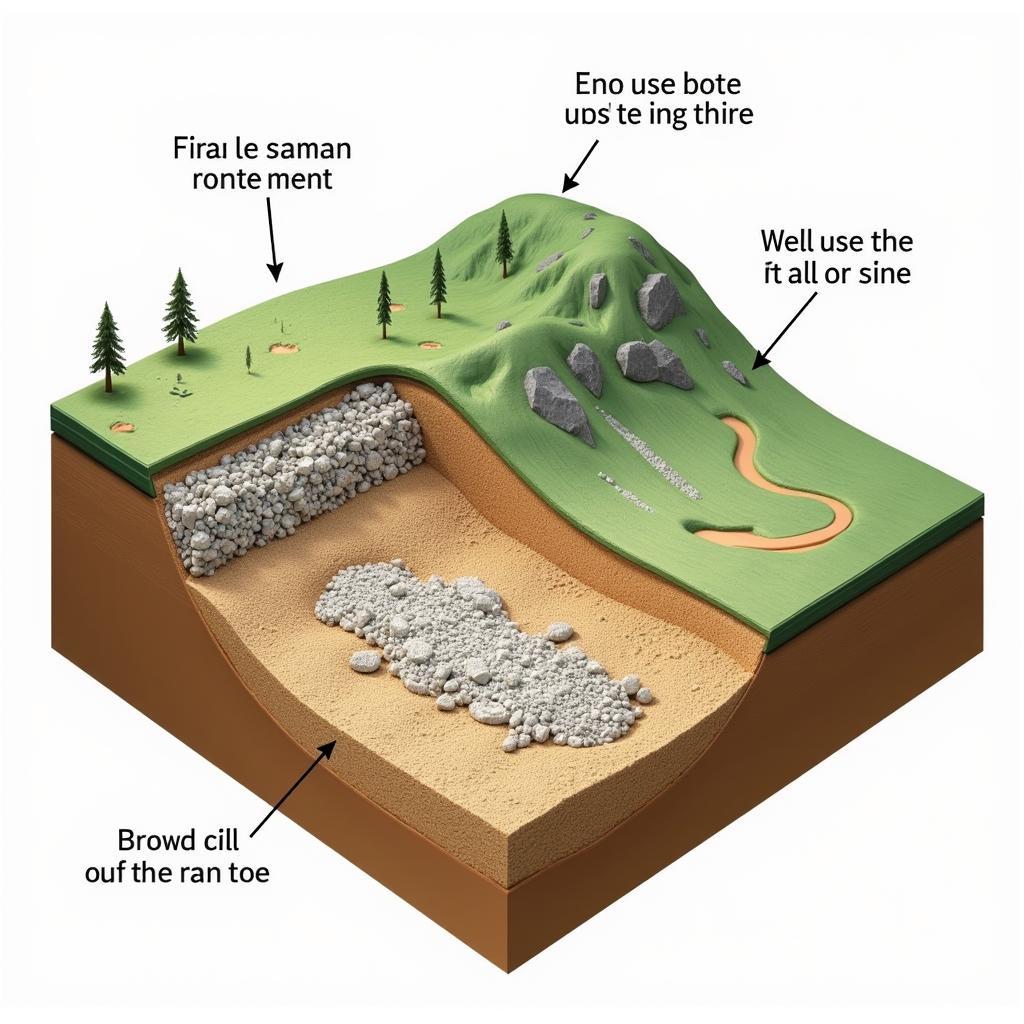When it comes to beating the heat, the age-old question of “Fan Or Ac Use More Power?” often arises. Understanding the energy consumption of these cooling options is crucial for both managing your electricity bill and making environmentally conscious choices. This article delves into the power consumption differences between fans and air conditioners, providing you with the information you need to make informed decisions about cooling your home.
Understanding the Basics of Power Consumption
Before comparing fans and ACs, let’s quickly review how power consumption is measured. The unit of measurement for electrical power is the watt (W), and energy consumption is typically expressed in kilowatt-hours (kWh). A kilowatt-hour is equivalent to using 1,000 watts for one hour. So, a 100-watt light bulb running for 10 hours would consume 1 kWh of energy.
Fan Power Consumption: A Breeze on Your Wallet
Fans consume significantly less power than air conditioners. A typical ceiling fan uses between 15 and 90 watts, depending on the size and speed setting. Even at the highest speed, a fan uses a fraction of the electricity consumed by an AC unit. This translates to lower operating costs and a smaller carbon footprint.
How Fan Size and Speed Affect Power Consumption
The size and speed setting of a fan directly impact its power usage. Larger fans generally consume more power, but they also move more air. Similarly, running a fan at a higher speed increases its power consumption. However, even the highest setting on a large ceiling fan is still significantly less energy-intensive than running an air conditioner.
AC Power Consumption: Cooling Power at a Cost
Air conditioners, while effective at cooling entire rooms, come with a much higher power consumption. A standard window AC unit can consume anywhere from 500 to 1,500 watts, depending on its size and cooling capacity. Central AC systems typically consume even more power, ranging from 3,000 to 5,000 watts. This higher power consumption results in significantly higher electricity bills, especially during periods of extended use.
Factors Influencing AC Power Usage
Several factors can affect how much power your AC consumes. The size of the unit, the temperature setting, the insulation of your home, and the outdoor temperature all play a role. Regular maintenance, such as cleaning or replacing air filters, can also help improve efficiency and reduce energy consumption.
Which is More Cost-Effective: Fan or AC?
From a purely cost perspective, fans are the clear winner. Their significantly lower power consumption translates to substantial savings on your electricity bill, especially over extended periods. While an avr fan might be a specialized application, the principle of lower power consumption remains the same.
Making the Right Choice for Your Needs
While fans use less power, they don’t provide the same level of cooling as AC units. Fans circulate air, creating a cooling effect through evaporation, but they don’t actually lower the temperature of a room. ACs, on the other hand, actively cool the air. The best choice for you depends on your individual needs and preferences. If you’re looking for a simple and affordable way to stay cool in moderately warm weather, a fan is a great option. If you need more powerful cooling in hot and humid climates, an AC is necessary.
Conclusion: Balancing Comfort and Energy Efficiency
Ultimately, the “fan or AC use more power” debate boils down to balancing comfort and energy efficiency. Fans offer a low-cost, energy-saving solution for mild temperatures, while ACs provide the necessary cooling power for extreme heat. By understanding the power consumption differences and considering your individual needs, you can make an informed decision that keeps you cool without breaking the bank. Remember that even a small lileng portable rechargeable multi function fan 830 can be a good option for personal cooling. If your laptop fan working hard, it might be a sign of overheating, which can also increase power consumption.
FAQ
- Do fans cool a room?
- How much can I save by using a fan instead of an AC?
- What is the most energy-efficient type of fan?
- How can I improve the efficiency of my AC unit?
- What is the average lifespan of a fan and an AC unit?
- Can I use a fan and an AC together?
- What are the environmental impacts of using ACs?
For further information, explore the exciting world of fan fic duong sang or check out options for fan rgb case on our website.
When you need assistance, please contact us at Phone Number: 0903426737, Email: [email protected] or visit our address: Group 9, Area 6, Gieng Day Ward, Ha Long City, Gieng Day, Ha Long, Quang Ninh, Vietnam. We have a 24/7 customer service team.




